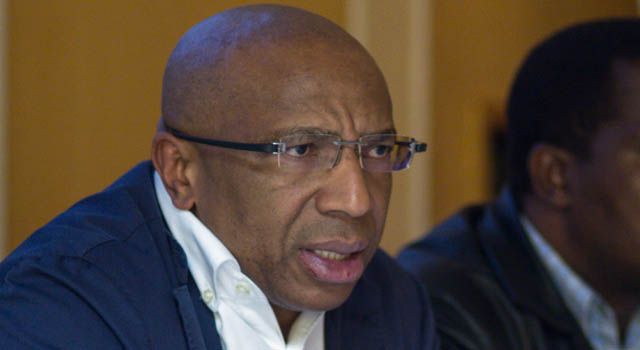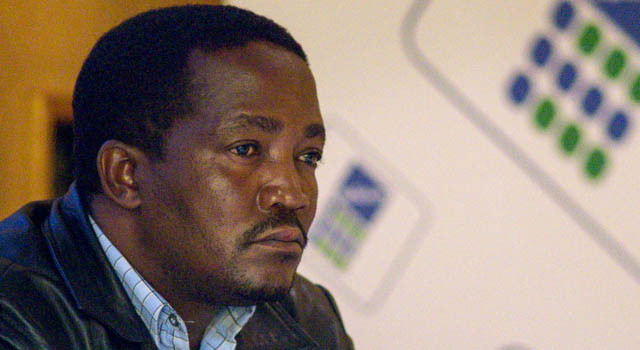
The Communication Workers Union (CWU) has reached a settlement with Telkom in the long-running wage dispute between the operator and trade unions.
The CWU has accepted Telkom’s three-year wage offer. The other unions embroiled in the dispute have yet to sign, but Telkom says it expects them to do so shortly.
The wage dispute between Telkom and all three represented trade unions — the CWU, Solidarity and the South African Communications Union (Sacu) — began in March when a two-year wage deal came to an end.
The CWU proved amenable to Telkom’s offer, but Sacu and Solidarity continue to contend that they cannot accept what’s been put on the table.
According to the Sacu and Solidarity, Telkom initially offered a 6%/year increase across the board for three years, but then changed this position, saying it wanted to reduce wage disparity and the increase would no longer be uniform but would be scaled depending on employees’ jobs and salaries.
The two unions have argued that under Telkom’s proposed remuneration model some employees will receive increases well below 6%, while others’ salaries and wages will remain largely unchanged for the next three years.
Sacu and Solidarity haven’t signed the agreement because they are concluding what Telkom CEO Sipho Maseko calls “their own internal democratic processes”. Nevertheless, he says Sacu has indicated willingness to sign the agreement. “If either signs, we’ll have a majority agreement.”
Maseko says Telkom will continue to engage with Solidarity, but won’t do so in the media if it can help it. “We shy away from dealing with them in public because we’re still going to be here when the media moves on,” he says. “CWU is the majority union, but it will be fantastic when the other unions sign and we can move forward.”
Telkom’s offer is intended to address “historical differentials as to how people were paid”, Maseko says. “We needed to fix that; it’s illegal and it’s not right. We don’t want people to be paid differently because they are male or white. We’ve gone a long way to address that.”
He says Telkom and the CWU are “committed to make sure Telkom returns to its glorious past … and that everyone in Telkom who is a stakeholder begins to be part of that vision”.
CWU president Cecil Mokhantso says the union has never seen a perfect agreement because “both parties get a mandate from two different constituencies”. “Obviously it’s not in our interests to see Telkom go down. If Telkom goes down, so does CWU. We are committed to making sure the company succeeds.”

Solidarity spokesman Marius Croucamp has previously argued that Telkom’s offer is not linked to inflation and that although 60% of workers will receive an increase this year, if the new model is adopted, only 40% will get a pay rise next year and only 30% in 2015.
Furthermore, Solidarity and Sacu have argued that wage negotiations are not the time to introduce new remuneration models.
Telkom held bilateral meetings with the two disgruntled unions last week to try to clarify the details of its offer so that the unions could, in turn, communicate the details to their members.
Because the unions were unwilling to accept Telkom’s offer, even after the bilateral meetings, they have called on the Commission for Conciliation, Mediation and Arbitration to issue strike certificates.
It’s a commonly held view that Telkom is grossly overstaffed, but Maseko says this is only one of the challenges the company faces. “I look at it differently,” he says. “I think we have a cost issue. The cost drivers are varied. It’s not just people. We have cost issues in our supply chain, in terms of infrastructure and in our operations.
“Our cost-efficiency programme is looking at all of those issues and how we look at some other growth options as well. It’s an area where we don’t just want to focus on staff.”
According to Maseko, suggestions that Telkom faces an “imminent strike” are overblown. “We are just not at that point. There is a maturity on the side of Telkom and labour in making sure that in the end we do what’s best for Telkom and the people who work in it. The turnaround of Telkom is something we’ve jointly bought into.” — (c) 2013 NewsCentral Media




